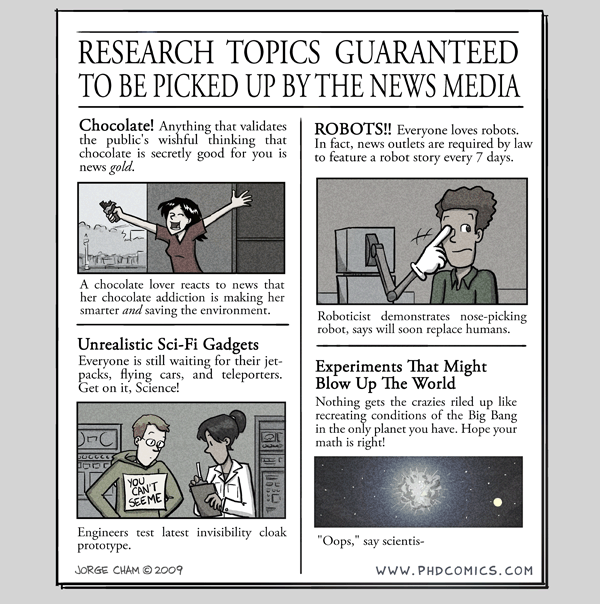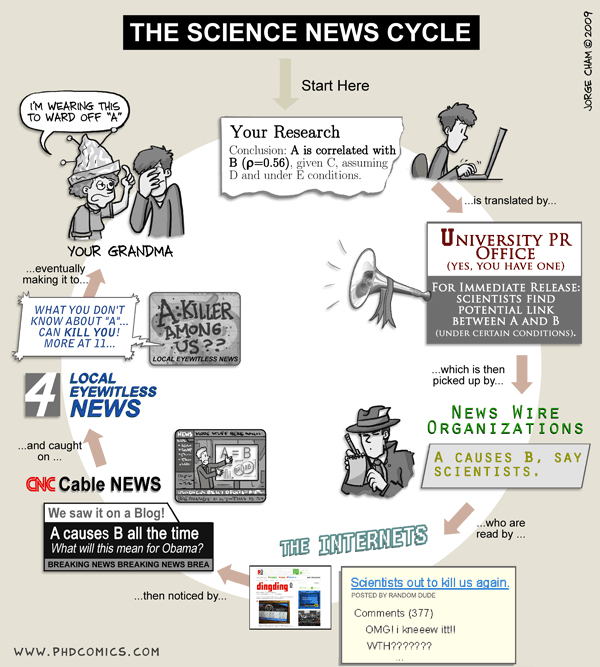A couple of days ago, Geoff Pullum illustrated "The science news cycle" by citing an article that told us "You can develop musical skill comparable to Hendrix and Sinatra — if you learn an East Asian language." Geoff might have cited some other articles exhibiting a depressingly wide range of other misunderstandings of the same research, like "Find Out If You're Tone Deaf; Plus, Are Asians Naturally Better Musicians"; "The key to perfect pitch lies in tonal languages"; "Chinese languages make you more musical: Study"; etc.
The basis of the news reports was a paper presented at the Acoustical Society of America's 157th Meeting: Diana Deutsch, Kevin Dooley, Trevor Henthorn, and Brian Head, "Absolute pitch among students in an American music conservatory: Association with tone language fluency", Paper 4aMU1, presented on Thursday Morning, May 21, 2009.
The link just presented was to the 200-word abstract in the (now online) conference handbook. The source of the media connection was probably the "lay language version" also offered on the conference web site: "Perfect Pitch: Language Wins Out Over Genetics". The route of the media connection was (I believe) via a story by Hazel Muir in the New Scientist, "Tonal languages are the key to perfect pitch", April 6, 2009, along with a press release by Inga Kiderra in the UCSD publication relations office ("Tone language is key to perfect pitch, 5/19/2009).
The provisioning of "Lay Language Papers" is part of the Acoustical Society of America's effort to reach out to the media (the online "press room" is here). I'm a member of the ASA, and I applaud this effort. One obvious benefit is that the "lay language papers" are written by the researchers themselves, not by PR people. More scientific societies should do this kind of thing.
But I'd like to draw your attention to a couple of points that were left out of yesterday's discussion.
Read the rest of this entry »
 The OED glosses dongle as "A software protection device which must be plugged into a computer to enable the protected software to be used on it", and gives the earliest citation as
The OED glosses dongle as "A software protection device which must be plugged into a computer to enable the protected software to be used on it", and gives the earliest citation as
